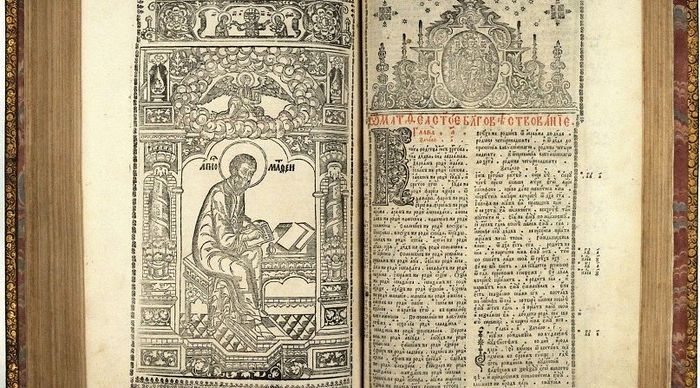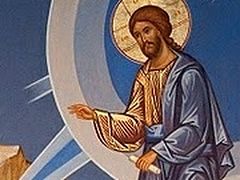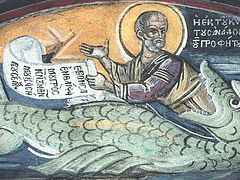Sources: Apologia Pro Ortho Doxa
May 5, 2016
There are four senses to Scripture:
1. Historical
2. Allegorical
3. Moral
4. Eschatological
Why?
As with anything, we ground this in the doctrine of the Logos, in whom all of God’s energies are summed up. Four key principles:
1. History is the unfolding of God’s activities in time.
2. The world is God’s energies symbolized visually.
3. The activity of God is the basis for all ethics. Since God’s energies are the ground of being, the way one “ought-to-be” is thus grounded in conformance to these energies. We exist most fully in God.
4. The eschaton is the filling of all things with the energies of God.
Let’s take the parting of the Red Sea as a way to cash out these four senses:
1. God energized in the world to divide water from water. The Bible is the embookment of the Logos, and God energized in this event. Since the Holy Spirit inspired the biblical author to reveal Christ, they accurately record this historical event.
2. God symbolized His pattern of activity in dividing water from water in Genesis 1. Hence, the story is an allegory of creation: Israel passes through the waters to enter into a new creation, and the sequence of events in Exodus 14 recapitulates the seven days of creation. It is likewise an allegory of our own baptism, since God made water to function in this fashion. Instead of being a symbol which is “read into” the world, we understand that it is “read out” of the world. A “meaning” is a logos, and God’s world is formed out of the logoi.
3. God creates new worlds by cutting and division. Old circumstances are ended and we are torn in two. But we ought to recognize that whenever God divides something, He calls us through the division so that we can be glorified on the other side. The story is a moral lesson about the necessity of faith and about the way in which God calls us to relate to His behavior in the world.
4. In Revelation 20, the divided waters which were made in Genesis 1 are removed. The sea of crystal divides God’s throne-room from our visible cosmos, and it is the firmament made in Genesis 1. In Revelation 20, we learn that there is “no more sea” because God’s throne room becomes perfectly united with that of the Earth. We see Israel passing through the divided sea to come into their inheritance in Exodus 14, and that is a sign of the greatest fulfillment which is to come at the Last Judgment.




